“If our vocabulary dwindles to a few shopworn words, we are setting ourselves up for takeover by a dictator. When language becomes exhausted, our freedom dwindles—we cannot think; we do not recognize danger; injustice strikes us as no more than ‘the way things are.’ ”
Worn Words
Worn Words continues the work of “Digital Storytelling as a Method for Critical Dialogue on Refugees in Canada,” a postdoctoral fellowship funded by the Social Sciences and Humanities Research Council of Canada (Simon Fraser University, 2017-2019).
A published book chapter on this project can be found here:
Worn Words experiments with a new method of digital storytelling to support informed and transformative refugee dialogue and reimagine refugee discourse.
Funding from the national research funding council (Social Sciences and Humanities Research Council of Canada), from a donor-directed fund at Vancouver Foundation, and from UBC’s Centre for Migration Studies. Kirsten McAllister was the faculty sponsor, Flick Harrison is the videographer, and numerous others have given design feedback or been interviewed.
My journey in community education and research can be traced back to my doctoral studies.
At that time, I was involved in refugee support work in a local community. I was also taking courses on displacement and human movement around the world (diaspora). I noticed a gap between these two conversations and wanted to see the critical reflections of the university and the hopeful practice of refugee support workers come together. So I ran focus groups to see what could usefully be shared between scholars and humanitarian workers. Gathering feedback from people who had experienced the refugee claim process was crucial to that project. Some of the results of this research were published in an article for Crossings: Journal of Migration and Culture (2019).
Since then, I have run community workshops with hundreds of people (mostly non-refugees, but a mix!) across Canada, the United States, and Australia to prompt conversations about the way that people are being represented in media stories about refugees. One of the things I noticed in those workshops is that we can use the same term (let’s say, ‘welcome’) to talk about refugee issues, but mean very different things. I sometimes thought we were all on the same page but later realised we weren’t actually. And sometimes everyone was on the same page but we were all misunderstanding the legal meaning of a word.
The name Worn Words, a listening project on ordinary terms and stories about forced migration, points to three things: 1. we are overusing a few words to describe very complex experiences, wearing down their usefulness. 2. words are worn differently by different people and hearing those stories can make us curious again. 3. as people wear words like ‘border’ or ‘refugee’ the experiences can wear them down. So I have interviewed people with expertise in refugee research, in refugee support, in refugee advocacy, and in refugee narration (authors or artists), and I ask questions about the English words we use in Canada to talk about refugee policy and our refugee claim system. Most of the interviewees have also experienced displacement of some kind or another.
Out of the interview footage I produce online media that anyone with internet access can watch and workshops that any group can download and run. The videos are made up of interviews with scholars, artists, humanitarians, and activists, who work in refugee studies, resettlement, or advocacy and many of whom hold experiential expertise as well. The interviews explored their expertise on terminology but the discussion necessarily becomes entangled with personal and systemic experiences.
I listen with my questions; I listen in the interview; I listen in transcription; I listen in editing and in email exchanges; I listen to larger contexts for how this knowledge can contribute; and I listen to my own discomforts and mistakes in order to adjust to a better practice.
My hopes are 1. that these videos can prompt deeper, more informed community conversations, 2. that the definitions of words, which some of us take for granted, will gain new meaning and make us curious again, 3. that the corner of the world I live in will care to listen for how we can care for one another better.
If you would like to participate in the project or are interested in hosting a workshop, please contact egoheeng@mail.ubc.ca.
